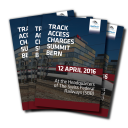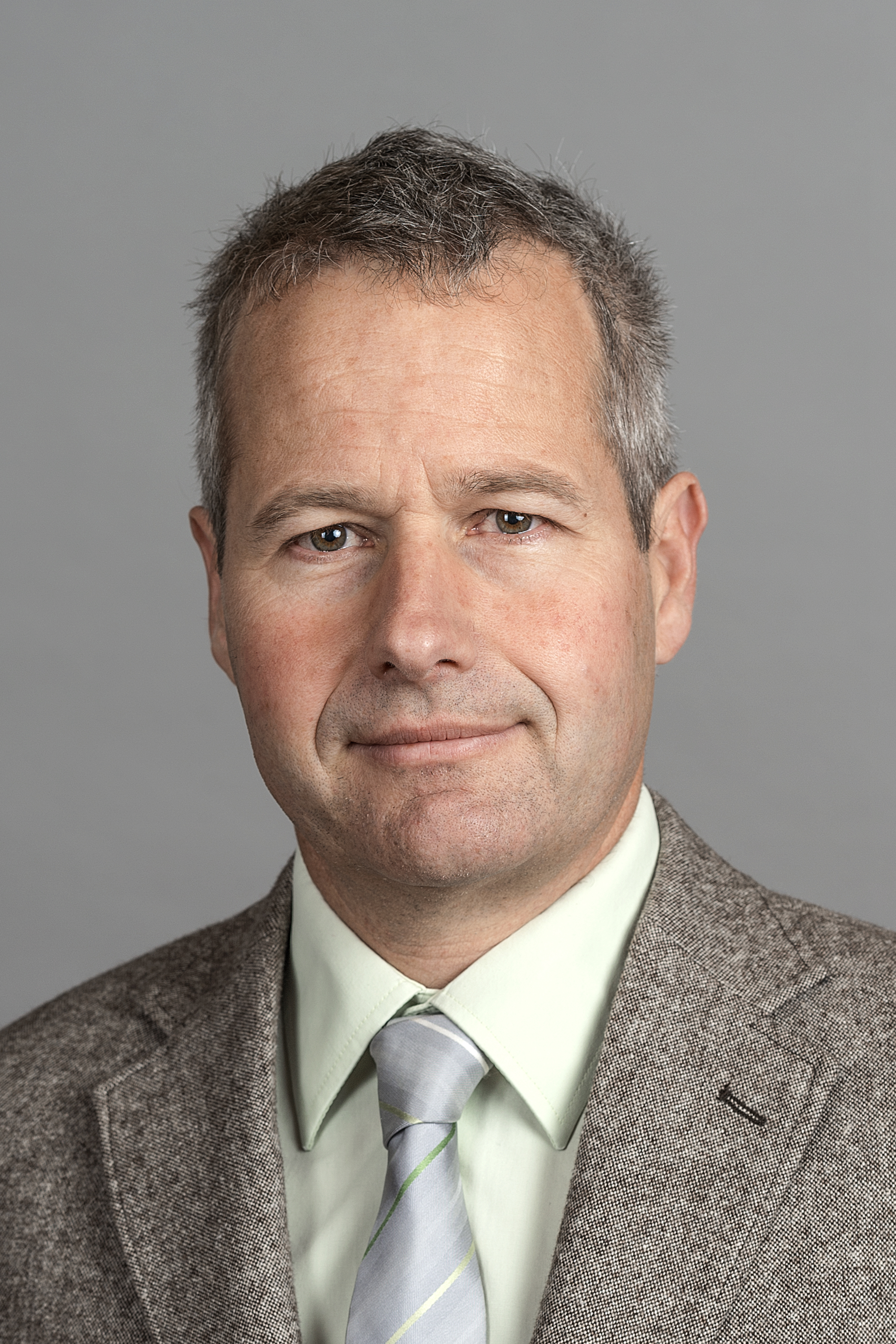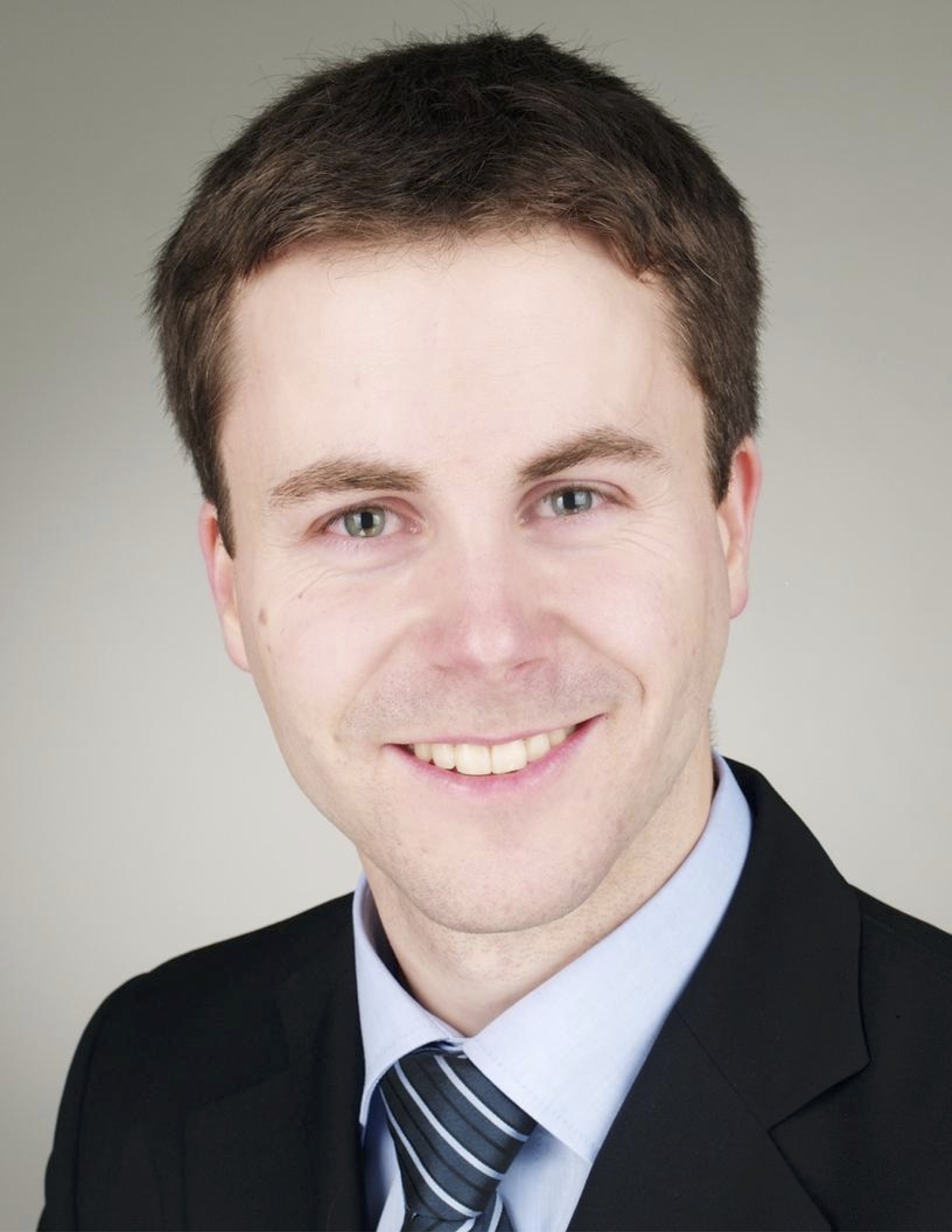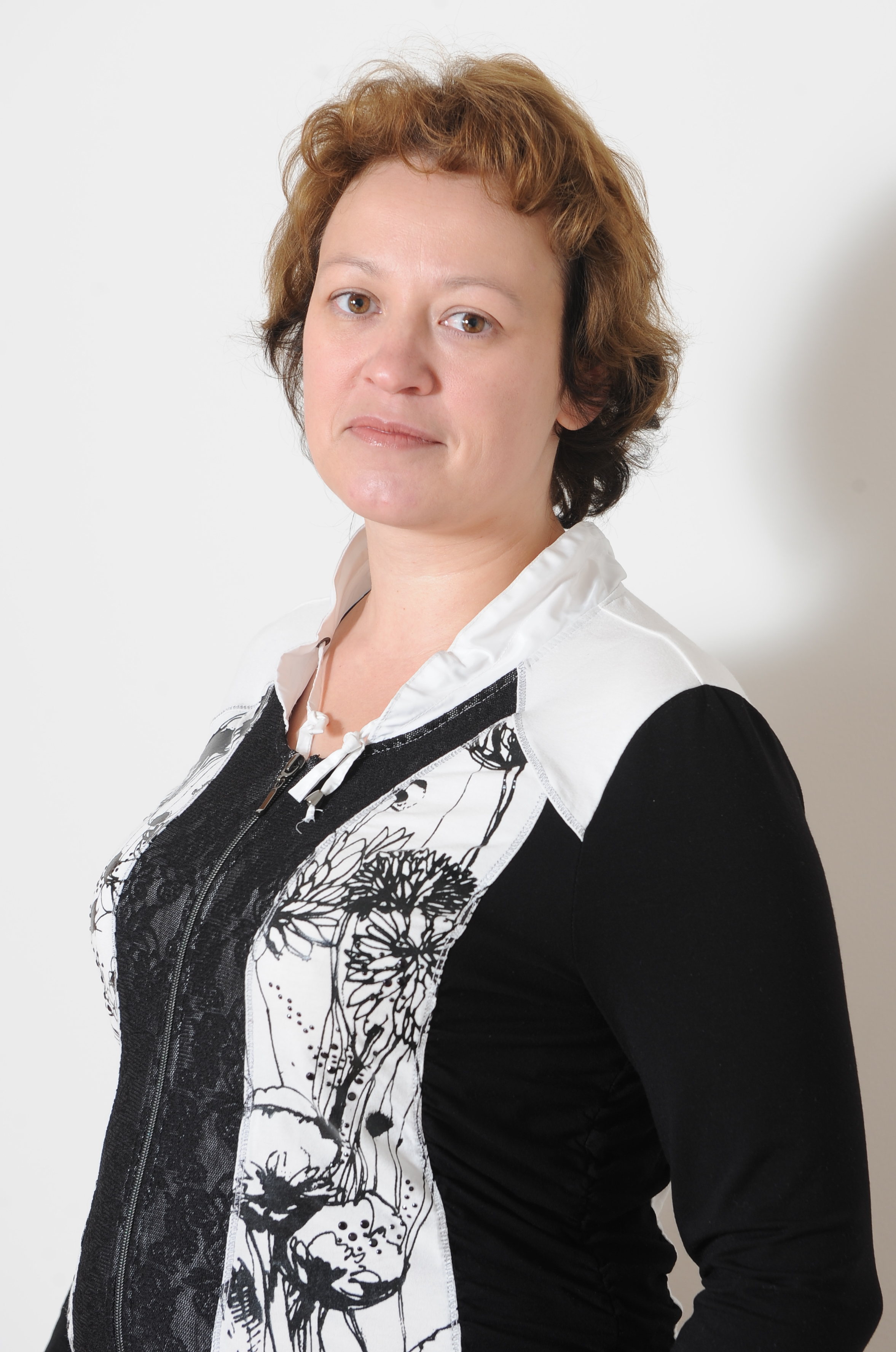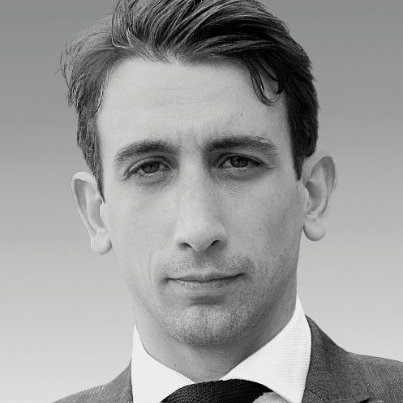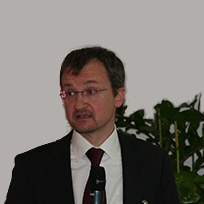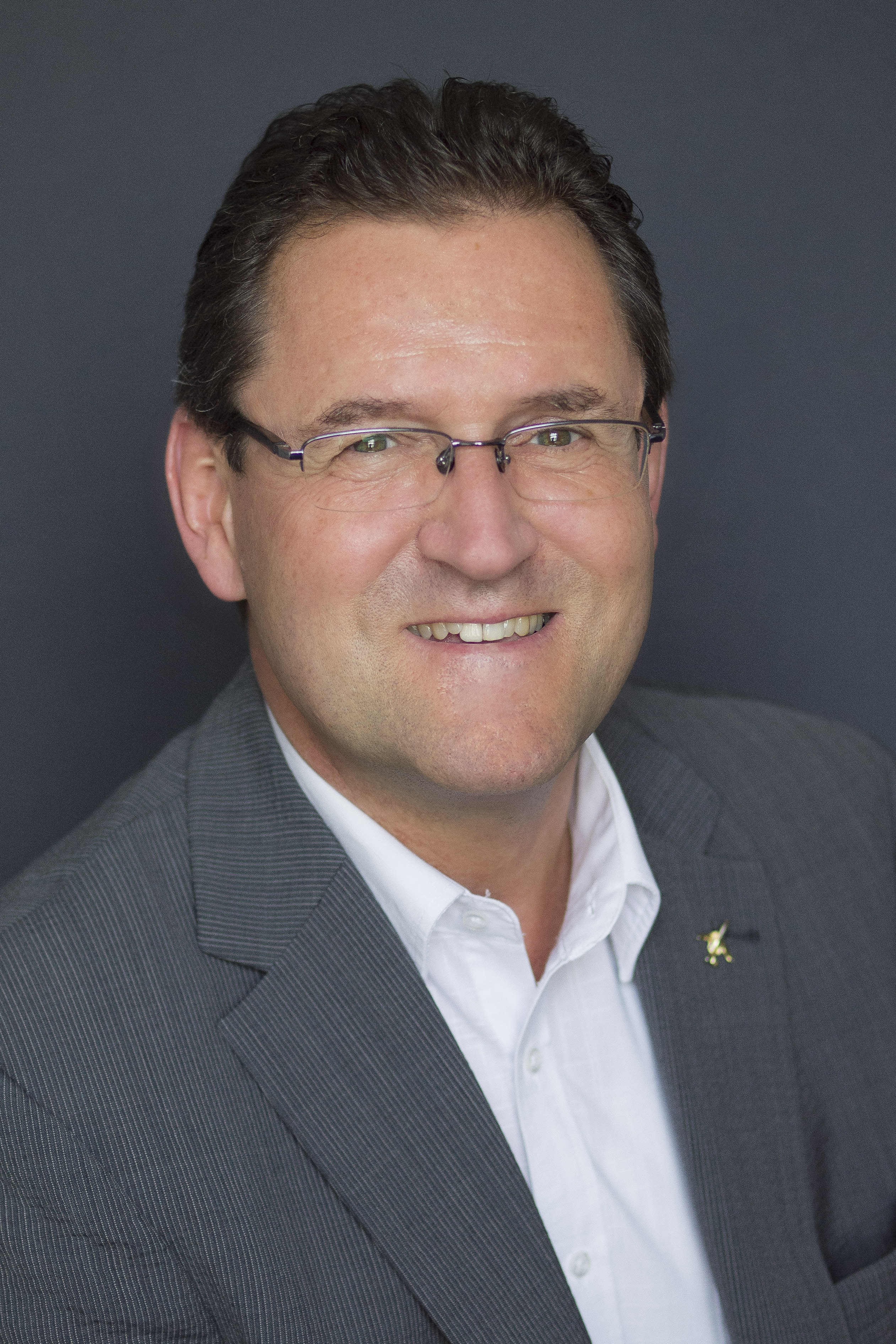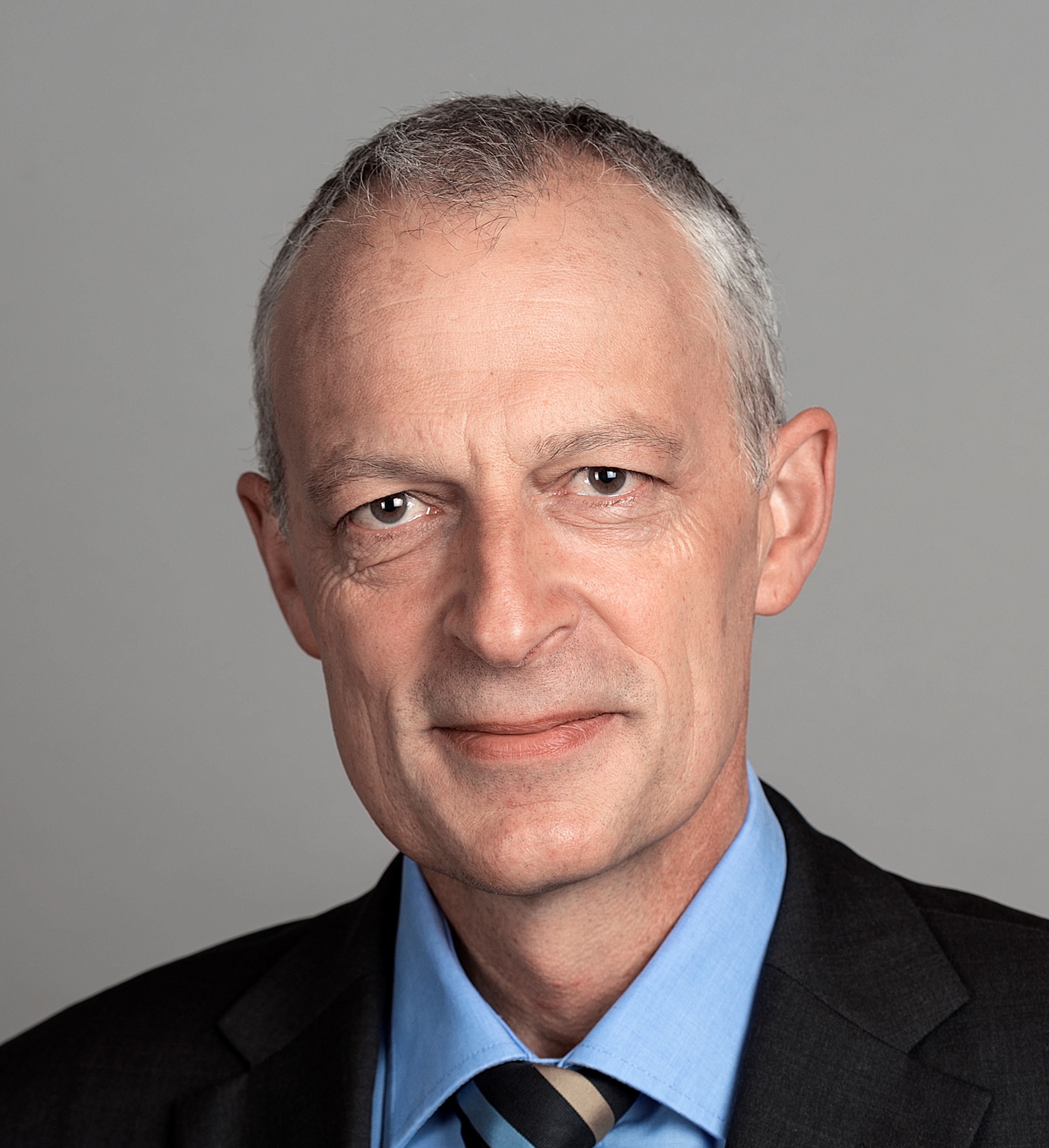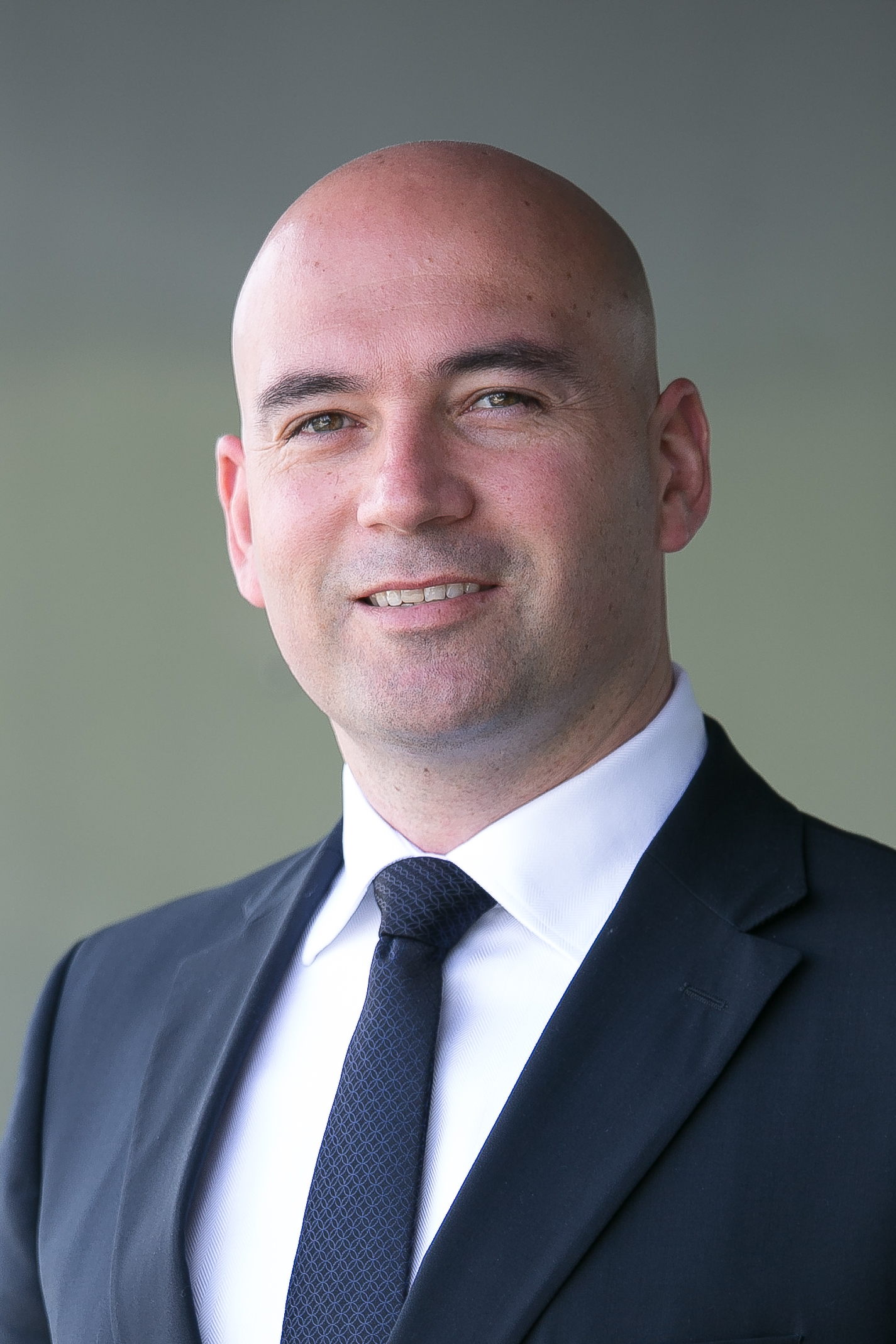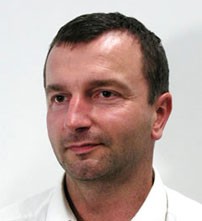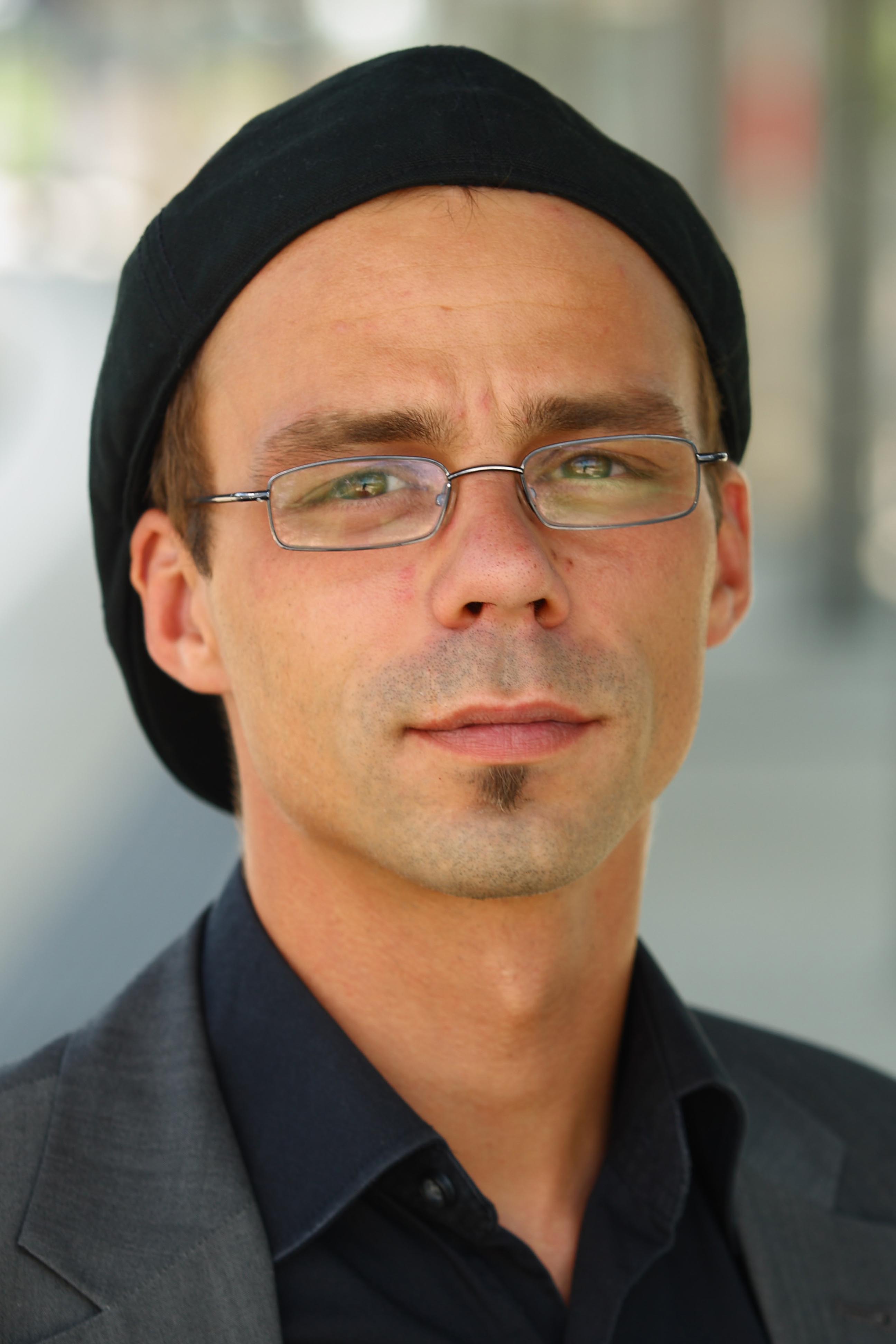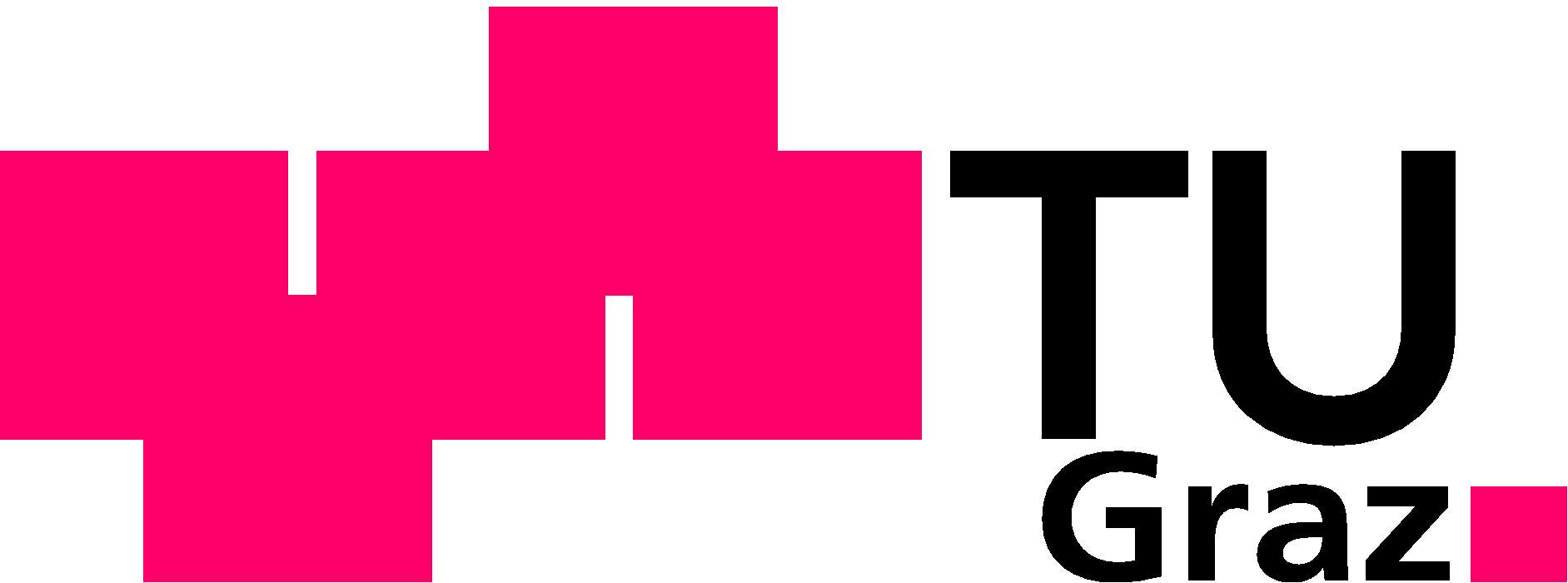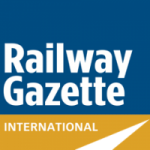Conference Programme TAC Summit 2016
The 3rd conference on Track Access Charges (TAC Summit 2016) will take place on 12 April 2016 at the SBB Headquarters in Bern, Switzerland. It is being organised by Graz University of Technology and Europoint.
The starting point for the conference program are the latest EU directives and implementing regulations for Track Access Charges aim to reduce the costs of railway operations by stimulating track-friendly rolling stock and to harmonize TAC’s throughout Europe.
At the TAC Summit 2016 industry leaders will discuss TACs in great detail, and will highlight the different points of views of infrastructure managers, railway undertakings, and vehicle producers. You will learn more about the new directives using the SBB Swiss Wear Factor as real-life example. Expert speakers from organisations including CER, European Commission, SBB, Deutsche Bahn, Bombardier, University Leeds and TU Graz of will present their views and solutions.
Conference Programme
The Track Access Charges Summit offers a unique podium to discuss best practices, latest regulations, cost calculation methods and to share experience related to Track Access Charges.
Graz University of Technology has carefully created the following programme:
Chairman of the day: Stefan Marschnig, Assistant Professor – Graz University of Technology
Session 1: Wear based vehicle charging
This session will answer the following questions:
- How will Switzerland change TAC’s in 2017?
- Why should track asset managers support wear-based, vehicle-specific charges?
- How can asset managers use knowledge of track deterioration models for their daily business?
 Stefan Sommer, Head of Track – SBB
Stefan Sommer, Head of Track – SBB
Welcome and introduction
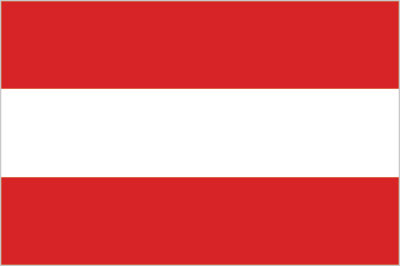 Keynote: Stefan Marschnig, Assistent Professor – Graz University of Technology
Keynote: Stefan Marschnig, Assistent Professor – Graz University of Technology
Costs directly incurred by a train run Markus Giger, Head of Section – Federal Office of Transport, Section Rail Network
Markus Giger, Head of Section – Federal Office of Transport, Section Rail Network
The new Track Access Charging scheme in Switzerland
Read abstract Jochen Holzfeind, Head of Asset Management Track – SBB
Jochen Holzfeind, Head of Asset Management Track – SBB
Wear factor – From the railway track’s point of view
Read abstract
Session 2: Wear based vehicle charging
This session will answer the following questions:
- How will the wear factor influence future vehicle concepts?
- How will the wear-factor support train operating companies to purchase track-friendly vehicles?
- Why do we need an integral methodology for assessing the cost impact of innovative vehicle technology? What part do TACs play in such a methodology?
 Stephan Schenk, Head of Contracts & Train Path Sales – SBB
Stephan Schenk, Head of Contracts & Train Path Sales – SBB
Wear factor – How to charge it
Read abstract Richard Schneider, Vice President R&D- Bombardier Transportation
Richard Schneider, Vice President R&D- Bombardier Transportation
Wear factor – From the vehicle’s producer’s point
Read abstract Alfred Pitnik, Head of International Affairs – Rail Cargo Group
Alfred Pitnik, Head of International Affairs – Rail Cargo Group
Wear factor – From the railway undertakers point of view
Read abstract Juan Melendez, Director of Transport and Energy Division, CEIT
Juan Melendez, Director of Transport and Energy Division, CEIT
ROLL2RAIL Running Gear – Opportunities for reduction of the railway system costs
Read abstract
Session 3: Assessing direct costs
This session will answer the following questions:
- What is the basic idea of direct cost / marginal cost based charging? Why there is discussion all over Europe on what cost positions might be included in the direct costs?
- How were direct cost evaluated in France?
- Between direct and full cost: how much money does the infrastructure manager need?
 Frank Jost, Policy Officer – European Commission
Frank Jost, Policy Officer – European Commission
The direct costs of infrastructure use
Read abstract Miguel Amaral, Head of Regulation of Rail Infrastructure Managers Unit – French Railway Regulatory Body (ARAF)
Miguel Amaral, Head of Regulation of Rail Infrastructure Managers Unit – French Railway Regulatory Body (ARAF)
Direct cost calculation in France
Read abstract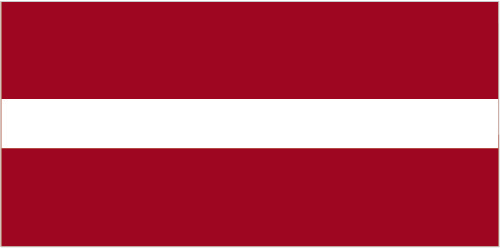 Justina Hudenko, CFO – LatRailNet
Justina Hudenko, CFO – LatRailNet
How much money is needed?
Read abstract
Session 4: Establishing mark-ups – sharing experiences
This session will answer the following questions:
- If mark-ups are needed – how should they be calculated?
- How did DB Netz established mark-ups for different market segments?
- Will TACs be harmonised and transparent in 2019 or – still – disperse and irreproducible throughout the European Union?
 Chris Nash, Research Professor – University of Leeds
Chris Nash, Research Professor – University of Leeds
Setting economically efficient mark-ups
Read abstract Wolfram Merzyn, Senior Project Manager train path pricing system – DB Netz AG
Wolfram Merzyn, Senior Project Manager train path pricing system – DB Netz AG
Establishing mark-ups requested
Read abstract Stefan Tobias, Senior Economist – Community of European Railways (CER)
Stefan Tobias, Senior Economist – Community of European Railways (CER)
Do we need transparency and harmonisation of TAC?
Read abstract Stefan Marschnig, Assistent Professor – Graz University of Technology
Stefan Marschnig, Assistent Professor – Graz University of Technology
Summary and Outlook
Participate in the Track Access Charges Summit
“Infrastructure managers in the EU have been obliged to set infrastructure charges at the costs directly incurred by the train service.”
Frank Jost
European Commission
At the TAC Summit 2016 industry leaders will discuss TACs in great detail, and will highlight the different points of views of infrastructure managers, railway undertakings, and vehicle producers. As previous Track Access Charges conferences in 2011 and 2013 have shown, it is worth making the effort to debate this topic at a European, system-wide level.
Meet the experts
Meet over 14 experts speakers who will share their knowledge and experience at the Track Access Charges Summit 2016.


